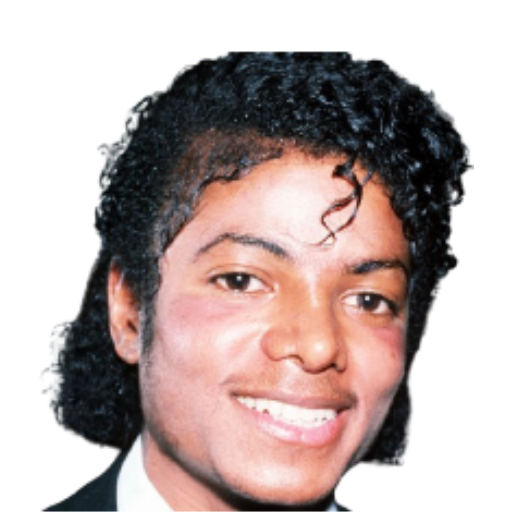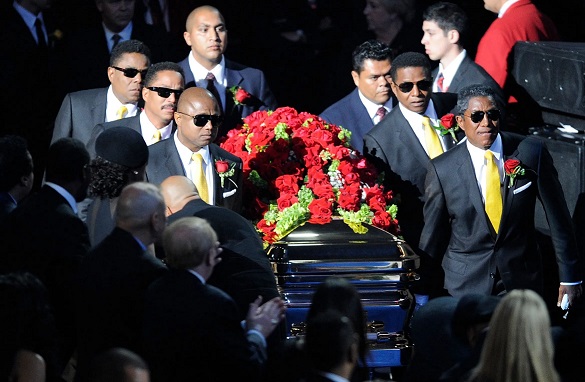
When the King of Pop Fell, the System Was on Trial Too
On June 25, 2009, the world stopped.
Michael Jackson — the King of Pop, the icon who reshaped music, dance, and celebrity — died at age 50. But what many still don’t understand is how he died.
It wasn’t street drugs.
It wasn’t recklessness.
It was prescribed sedation — administered nightly by a doctor.
Michael died from acute propofol intoxication, administered by his personal physician, Dr. Conrad Murray, who was later found guilty of involuntary manslaughter. But this isn’t just the story of one man and one doctor — it’s the story of how addiction, dependency, and misplaced medical trust can steal even the most powerful lives.

Propofol – Not a Sleeping Pill, but a Surgical Anesthetic
Jackson had a well-known struggle with sleep, often staying awake for days during tours. But to combat it, he didn’t take Ambien or melatonin. He was being given propofol — a powerful surgical anesthetic typically used in operating rooms, not bedrooms.
Every night, Jackson was being put into a sedated coma-like state.
Every morning, he had to be carefully revived.
And one morning… he didn’t wake up.
Dr. Murray claimed he was trying to wean Jackson off the drug, but the lack of proper monitoring equipment — and his absence from the room during the fatal dose — sealed the tragedy.
This wasn’t recreational use. It was a deadly medical dependency.

When Medical Dependency Becomes Fatal Addiction
Michael Jackson’s story is uniquely horrifying because he didn’t inject himself.
He didn’t steal prescriptions.
He hired someone to help him sleep — and it killed him.
But that’s the deeper truth: Addiction doesn’t always look like addiction.
Sometimes, it’s wrapped in credentials, white coats, and well-meaning intentions.
How many people right now are:
- Taking pills to sleep
- Increasing dosages without knowing it
- Trusting professionals who’ve stopped asking hard questions
Michael’s death was a warning: Treatment delayed is a funeral scheduled.

Treatment Is Not Failure — It’s a Pause That Saves Lives
Michael needed a reset — a detox plan, real sleep therapy, honest care.
He got silence, sedation, and a system too scared to intervene.
And he’s not alone.

Michael Jackson memorial, Staples Center – July 7, 2009. A world mourns the loss of a man who just wanted to sleep.
📞 If you or someone you love is using pills to sleep, escape, or endure — call now.
It’s not about shame. It’s about time.
Jackson’s associate and fellow performer Philip Seymour Hoffman once said:
“Sometimes I chose treatment. Sometimes I was pushed into it. But either way, it was a way to hit pause—to delay the inevitable.”
For Hoffman, rehab wasn’t a miracle. It was a reset button.
It bought him time.
Time to breathe. Time to reconnect. Time to live.
And though it didn’t save him in the end…
It saved him many times before.
Delay death. Choose treatment.
Click to call now — before it’s too late.

📞 💬The Next Step Before It’s Too Late?
If you or someone you love is struggling with addiction, answer these 3 quick questions to speak with a recovery advisor:
- Do you need inpatient treatment for alcohol or drug addiction?
- Do you have private PPO insurance or $15,000+ available for care?
- Are you willing to travel out of state for treatment? (A change of scenery produces better outcome)
✅ If you answered YES to all 3, tap here to speak with an advisor now. 🔒 100% Confidential.
📞 💬 Call for Help:
Read More on AddictionCured.com
📝 More Celebrity Overdose Cases:
- The Untold Story of Michael K. Williams’ Fatal Overdose
- Prince’s Tragic Overdose: How Fentanyl Stole a Music Icon
- Michael Jackson’s Tragic Overdose: The Dangerous Prescription That Ended the King of Pop’s Life
- Rapper Rich Homie Quan’s Fatal Overdose Highlights the Ongoing Opioid Crisis
- Philip Seymour Hoffman’s Tragic Overdose: The Fentanyl Crisis That Took a Hollywood Icon
- Matthew Perry’s Fatal Ketamine Overdose Highlights the Dangers of Unregulated Drug Use
- Brian Matusz: The MLB Pitcher’s Tragic Overdose Story
 Skip to content
Skip to content